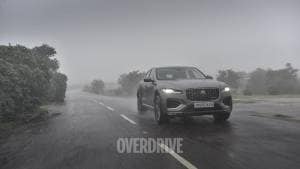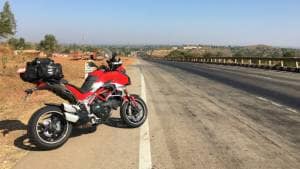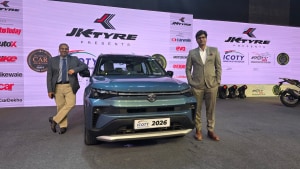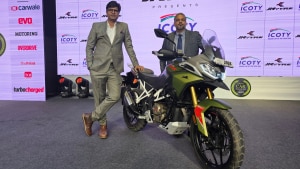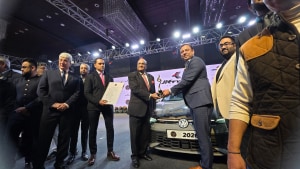Better Riding: The quest for economy
Before leaving to ride the Honda Dream Neo for our attempt at using two litres of petrol to cover 200km, I decided to read up about how to hypermile - to extract the maximum possible economy from a car or a motorcycle. Here are four things that work and four things that don't.
DOs
Reduce weight
The heavier the vehicle (and you in or on it), the more fuel it needs to burn to cover ground. Cars are perpetually in danger of accumulating cruft - I know many who store their newspapers in the trunk so they can be sold later, for instance. The rider's weight makes up between half and a third of a bike's weight - significant. Every kilo you save will reduce your consumption.
Anticipate
You're approaching an intersection at 60kmph and realise you have to stop. What do you think is more efficient? Staying on the gas before braking hard to a stop? Or coasting to a stop with minimal brake application? A hybrid car might shut off the engine and start recharging the batteries as you coast and brakes to a stop. All you have to do, no matter what you drive or ride, is to anticipate. Your ability to back off the gas earlier to prepare for a stop or a drop in speed can save significant amounts of fuel. In theory, every single kmph that you shed with the brakes equals wasted fuel. Anticipating has other side effects - it makes you smoother, faster and much, much safer.
Maintain your vehicle
Is your engine fighting with itself because the airfilter is too clogged? Are your wheels not rotating freely because the brakes aren't adjusted? The engine has to use more petrol to overcome mechanical issues with your vehicle when you don't maintain it. Keeping your vehicle in top shape isn't just important for your safety or its appearance and resale value. It's a vital cog in the search for more economy.
Use the tools you have
Most cars and many motorcycles/scooters now come with gizmos designed to help you achieve greater economy using lights, marked zones on speedo or tacho as well as advice on gear selection. Follow these. For our story, we stuck to the marked zones of our speedos to achieve extraordinary economy with very little effort.
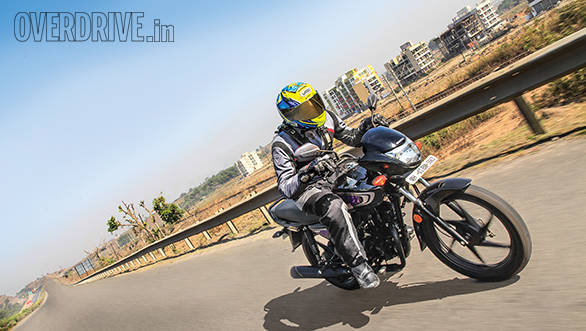
Don't's
Coasting
Hypermilers on the Internet recommend that you turn off the engine and coast through every downslope. Obviously, this means you're covering ground using no fuel at all. But before you reach for the ignition, understand this. First, as vehicles grow more complex, many systems require the engine to be on. In cars, many powered systems will revert to mechanical failsafes that require significantly more force and that makes you less safe. On bikes, engine off coasting reduces your level of control and takes away acceleration as a tool you could use to escape a hazard. We believe safety trumps economy. Don't do this. If you're going to save fuel on the downslope, try opening the throttle slightly to help the engine overcome compression braking, gravity can really add speed without a significant impact on economy.
Slow to a crawl
Just like there's a speed that's too fast for a situation, there is a speed that's too slow for situations. When you go slower and slower, you get overtaken more and more. Each time you're passed, you effectively hand control of that situation to an unknown stranger. Be aware of what's happening around you and you'll sense what the safest speed is. Sometimes it'll just be the difference between holding 40 and 45kmph but that 5kmph will be night and day in terms of your confidence.
Fill Rs 50 of fuel
That's just silly. If you're going to have an average monthly run of, say 500km, then you're going to need a finite amount of fuel to get that done. This doesn't change whether you fill Rs 500 of fuel in one shot, or go ten times to the pump and fill Rs 50 of fuel each time. Repeated visits to the fuel station waste time and some amount of fuel and running the sludge at the bottom of the fuel tank through your fuel lines isn't good for the motor either. Arguably, filling a good amount of fuel and minimising the visits to the fuel station is probably the more efficient way to gain economy if you think about it.
For more Better Riding articles from OVERDRIVE, click here
